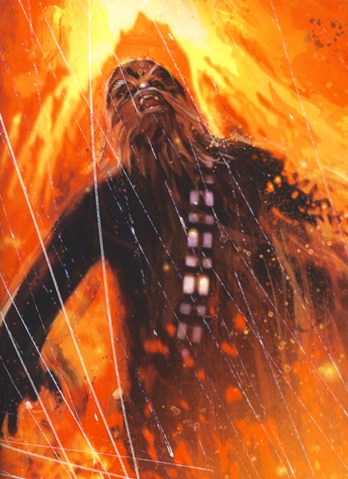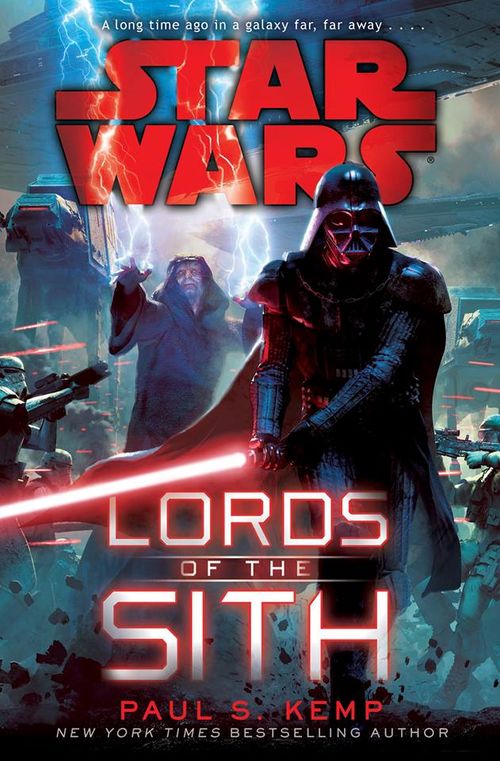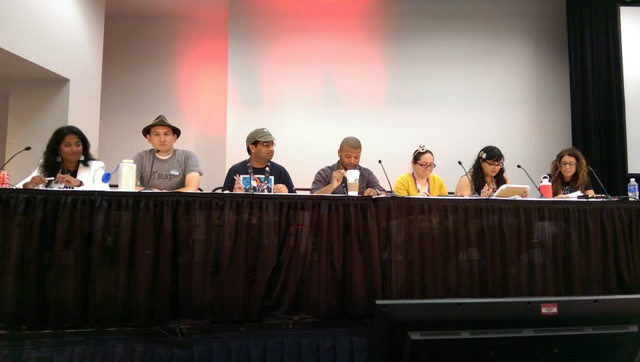 With apologies to Roxy Music’s “Love Is The Drug”:
With apologies to Roxy Music’s “Love Is The Drug”:
Death is the drug I’m thinking of
Oh oh can’t you see
Death is the drug for me
Death as a story device is one that goes all the way back, it’s always been used in tales – but has it always been expected ahead of a tale? Over the last fifteen years there has been a shift from death as story device and surprise to anticipating character deaths before a story is released and even requiring stories to have character deaths. Is this always beneficial and is it always warranted?
In terms of how to approach a story, bringing the death aspect to the fore tends to be to that story’s detriment, as the death eclipses all else. Vector Prime is not the book that started the Vong invasion, it’s the book that killed Chewie! After that Del Rey were, in a way, locked into killing someone else, which they did two years later in Star by Star with Anakin Solo. An unwitting consequence of these acts was the creation of a ‘who will they kill next’ line of thought. The answer to that turned out to be another Solo kid, more Jedi, another Chief of State, several of Luke’s old girlfriends and I’ve likely missed a few. Read More




